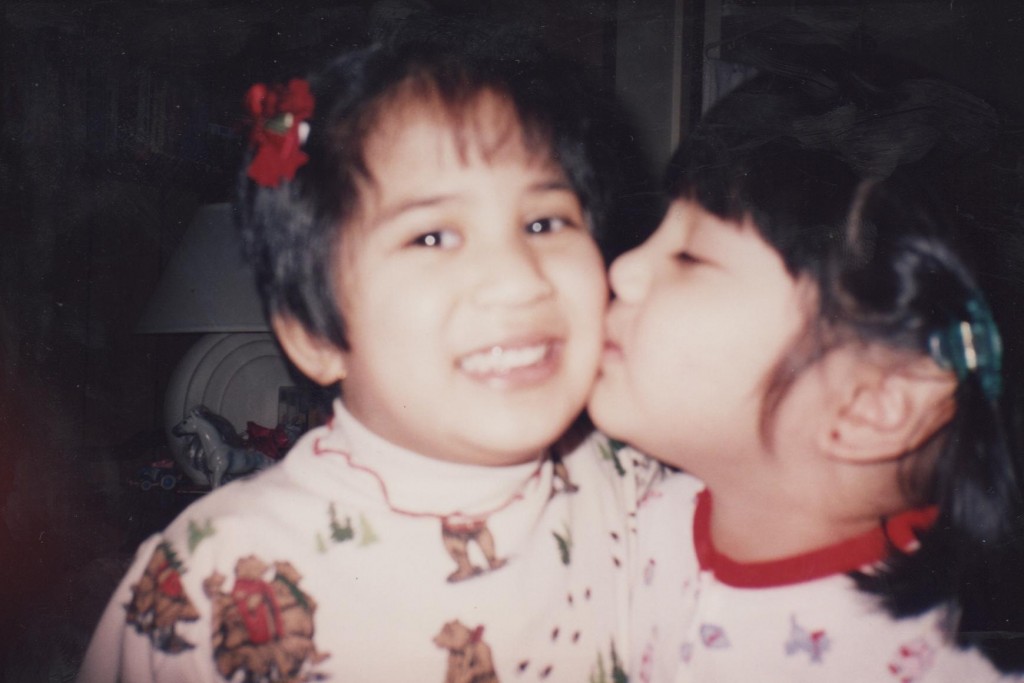Seattle recently increased its minimum wage to $15 an hour, joining other states like California and New Jersey in the quest to fight poverty in the United States. Concern about an increase in minimum wage stems from worries about the rise in unemployment and prices in order to supplement higher salaries. Advocates of raising the minimum wage say that an increase to $10.10 would reduce poverty and allow low-wage workers to buy basic necessities such as health care for example. These basic necessities will drive the need for welfare programs, thereby raising the standard of living. With more money in their pockets, not only would productivity increase, but people will be able to spend more on goods and services, thus stimulating the economy, creating more jobs and job stability, and decreasing income inequality.
However, the other side is that increasing the minimum wage would do the exact opposite and kill the job market. In order to supplement the costs, companies will start cutting back on their employees and trying to find alternative technological ways to replace those workers, in effect, increasing unemployment. Therefore, in an attempt to help low-wage workers gain more money, minimum wage actually actually damage their chances for finding jobs. In addition, a higher salary would result in higher prices, so goods and services would cost more.
There’s a Catch-22 when it comes to discussing minimum wage. Studies negate certain aspects of each side which complicates fair judgment. A study by the Institute for Research on Labor and Employment (IRLE) showed that an increase in minimum wage to $10.10 would only raise the prices of goods and services by 2.5% or less. San Francisco and Santa Fe are perfect examples in which there was little effect on employment after their wages increased to $10.74 and $10.66 respectively. In fact, in a viral video concerning Walmart, raising the minimum wage of its employees to $10.10 would increase the price of products by only a cent.
http://www.youtube.com/watch?v=vAcaeLmybCY
However, the Congressional Budget Office (CBO) released its own report saying that a higher minimum wage would have little effect on poverty because only 19% of the increase in income would go to families below the poverty line, while 29% would go to families earning three times more. Most minimum wage earners are from middle class families, debunking the myth that those in poverty occupy most low-income jobs. There are countless more studies that negate each other that it makes it difficult to come to a conclusion on which one is correct.
Each state and each city are different, so the effect of an increase in minimum wage may work in one city but not in another. But as more and more cities are deciding to increase their minimum wage, others are following. Slowly but surely, we will be able to see for ourselves which argument is true within our own community, whether it's the side we anticipate or not.
Photo Credit: Annette Bernhardt



